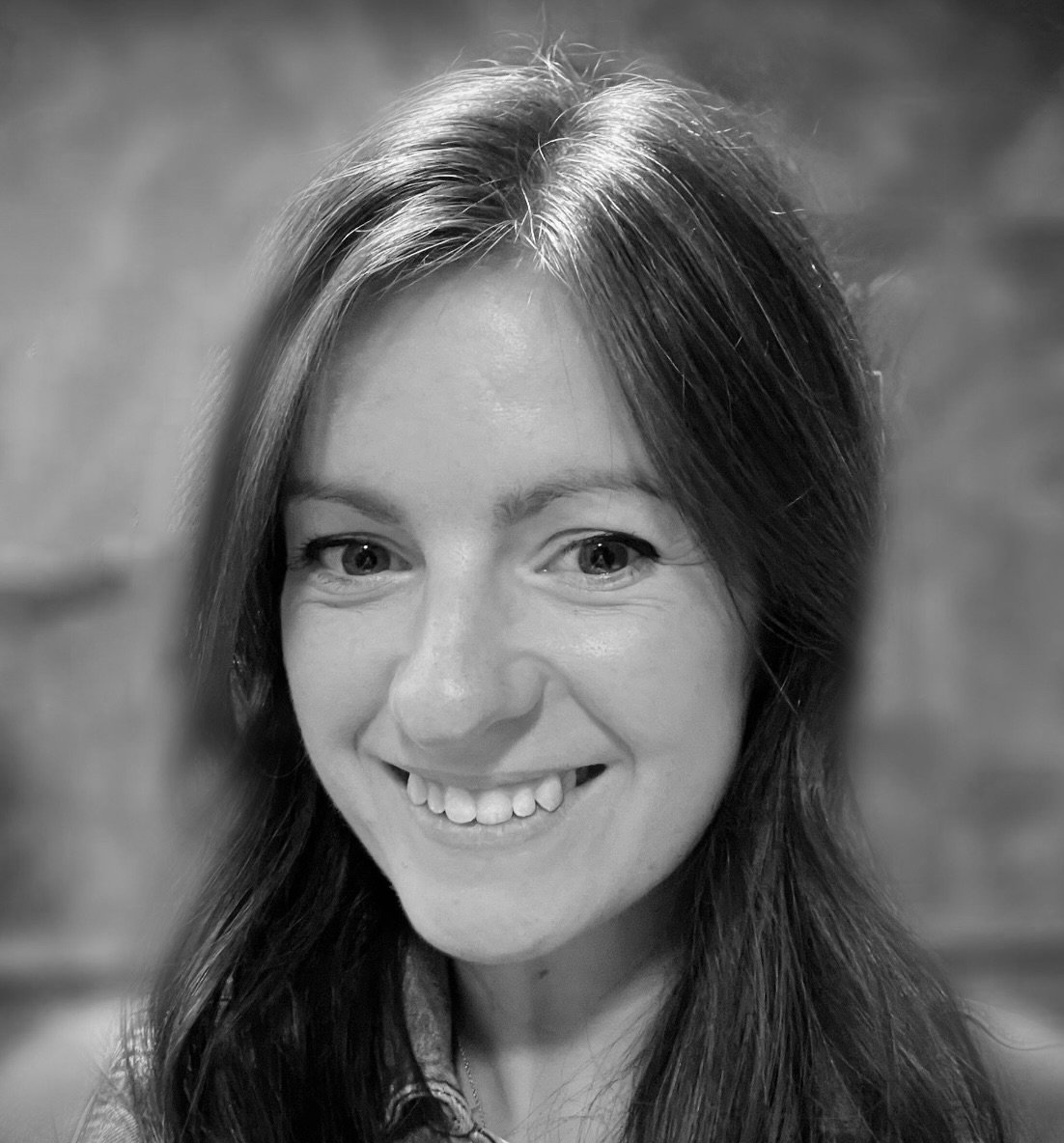Diagnosis - GCSE History Definition
Reviewed by: Zoe Wade
Published
In GCSE History, diagnosis means how doctors and healers identified a disease or illness. The way people made diagnoses has changed over time. In the medieval period, diagnosis was based on ideas like the Four Humours, where doctors would check things like urine colour, pulse, and even astrology to decide what was wrong. In the Renaissance, more careful observation and the study of the human body became important. By the modern period, doctors began using scientific tests, microscopes, and later X-rays and blood tests to make more accurate diagnoses. Studying diagnosis helps students understand how ideas about disease and the human body developed, and how better diagnosis led to improved treatments and medical progress.
Examiner-written GCSE History revision resources that improve your grades 2x
- Written by expert teachers and examiners
- Aligned to exam specifications
- Everything you need to know, and nothing you don’t

Share this article


 written revision resources that improve your
written revision resources that improve your